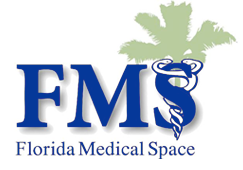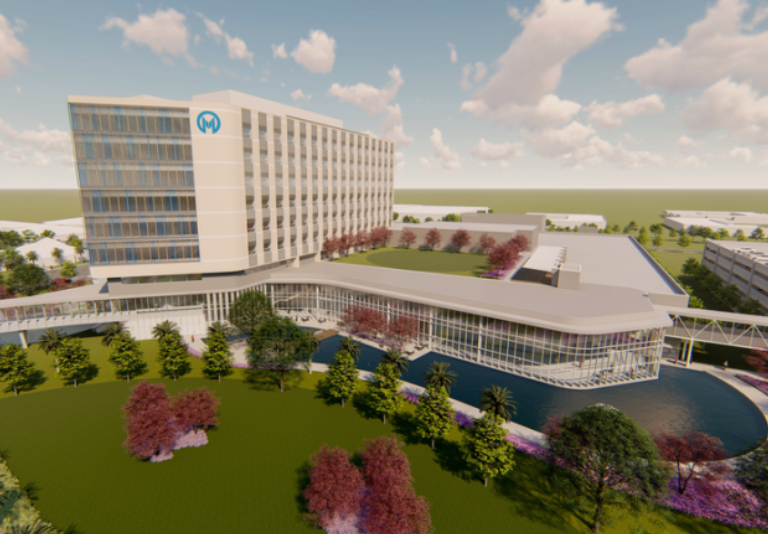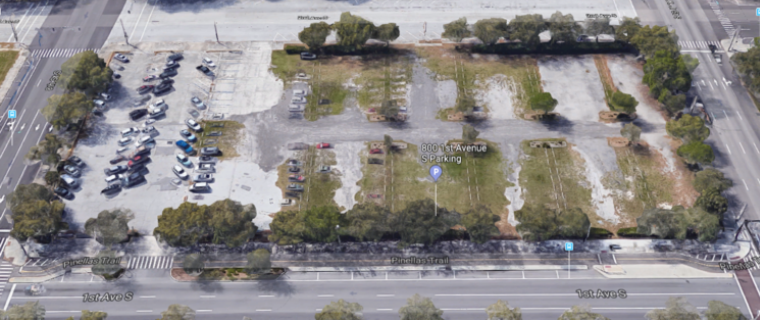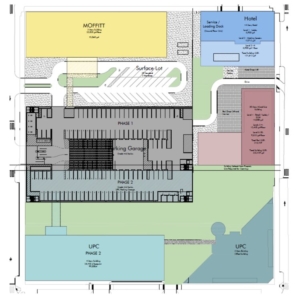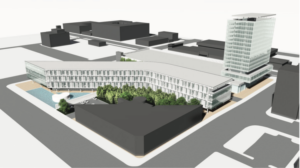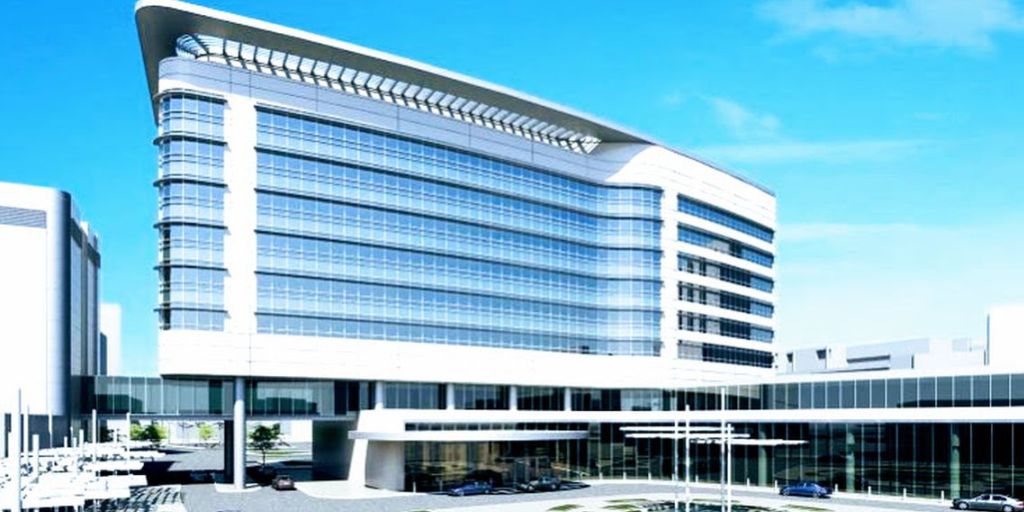
For the past two years, leaders at H. Lee Moffitt Cancer Center & Research Institute have quietly asked state legislators for more money to help expand their hospital and research campus in Tampa.
Their request never gained traction, so this year they plan a more assertive approach.
Moffitt officials said they are working to enlist the help of Tampa Bay area lawmakers to file bills aimed at securing the funding they seek. The legislation, they said, would increase the center’s share of state cigarette tax revenue, generating $11 million a year to finance a new clinical and research hospital in Tampa, and an additional $11 million for a new life sciences research building in Pasco County.
Moffitt’s CEO and president, Dr. Alan List, said the demand to treat more cancer patients has increased significantly in recent years, but the hospital doesn’t have the space to serve them.
“Our needs are more urgent than ever,” he said in an interview with the Tampa Bay Times editorial board. “We are out of space completely on the research side, which means we can’t recruit any more scientists, which drives all of our innovation. On the hospital side, we have the same number of beds we did 12 years ago. We’re nearly always full or near capacity nearly every day.”
Moffitt was established in 1981 by the Florida Legislature and is the only National Cancer Institute-designated “comprehensive cancer center” in Florida. The hospital opened in 1986 on the University of South Florida’s campus. Since then, Florida’s population has nearly doubled, and so has demand for specialty cancer care, List said.
Florida has the second-highest number of cancer cases in the country, behind California, he said. “The volume of growth year over year at our hospital has been tremendous.”
Each year, the hospital sees about 68,000 patients, who come from all over the U.S. and 133 countries. Moffitt is known for its work in immunotherapy, a newer approach that uses the body’s own cells to fight cancer. The hospital is also a draw to biotechnology companies, which have relocated to Tampa from around the world to work in Moffitt’s research laboratories.
Moffitt currently receives 4 percent of the state’s tax on cigarettes. The proposed legislation would increase that to 7 percent in 2020 — then to 10 percent in 2023.
Together, the two increases would generate an additional $22 million a year in revenue that would be used to finance the planned facilities in Tampa and Pasco County.
The first increase would produce $205 million, to be paired with $332 million from Moffitt, to build a new hospital on its campus at 10920 N McKinley Dr., in Tampa. The property currently is home to an outpatient center, and has 22 acres of land to develop.
Moffitt would create a new surgical center on the site, and move all operating room care out of its current hospital on the USF campus. In addition to freeing up more research space, the new tower also would include a center that specializes in clinical care on solid tumors.
The project would increase patient capacity, expand research space, and create funds for sorely needed upgrades, List said. Construction would begin next summer and take about three years to build.
“Our operating rooms are too small and we cannot get the technology we need into the rooms,” List said, reiterating that the hospital’s buildings are 30 years old.
Separately, List hopes to secure $191 million from the second proposed increase in Moffitt’s share of the cigarette tax, which would occur in 2023. That money would be used build a research park in Pasco County, helping to meet the future demand for cancer therapy and create space for biotech company partners, he said. Construction is tentatively set to begin in 2023 on a parcel along the Veteran’s Expressway.
List and other Moffitt officials are meeting with state lawmakers to garner support. Among them are Sen. Wilton Simpson, R-Trilby, and Republican representatives Jamie Grant, of Tampa, and Chris Sprowls, of Harbor.
In past years, Moffitt leaders have attempted to secure funds for their expansion through appropriations at the tail end of the legislative session. But each time they failed to break through with lawmakers.
The hope is that a more open approach will be more effective, List said. “We want to be as transparent as possible and get as much support as we can for this.”
Source: Tampa Bay Times
